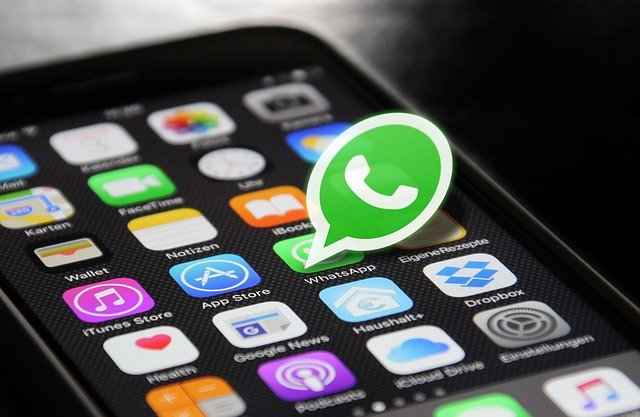WhatsApp is used by billions of people around the world everyday. For the uninitiated it’s not just an app for texting but a place where you can have fun sending messages, gifs and pictures. It’s free, encrypted and available on all mobile platforms as well as on the web. It’s claimed that through its most popular feature, group chats, there are 65 billion messages sent per day. That is a lot of chatting.
The minimum age for using WhatsApp is 16 years old (in the UK) which is much higher than most people, including parents, seem to realise. How many people do you know who are 15 or younger and using Whatsapp? If you’re a student reading this, I suspect you know quite a few.
WhatsApp’s primary purpose is to send messages to friends and isn’t public like Twitter is. For parents, there isn’t much to worry about if your child using Whatsapp is one to three years under the limit. Just as long as they have trusted people as contacts on their phone and act responsibly, it is a relatively safe social media app.
Despite the ubiquitous use of WhatsApp, there are negative outcomes to this app if users don’t use it responsibly. This is apparent because cyberbullying can take many forms on messaging services and sometimes abusive group chats are made. Studies suggest that over 25% of teens have been bullied repeatedly through their mobile phones or on the internet.
These are a few of the types of cyberbullying that can occur on Whatsapp:
- Texting mean messages or threatening the person
- Stealing a person’s phone and send damaging messages
- Spreading false rumours
- Taking embarrassing photos of someone else and spreading them on a group chat
- Faking/pretending to be someone else to hurt that person
Stories about cyberbullying via Whatsapp can be found all over the internet. Two that struck me were this one from Honduras where a girl who was dared into sharing some revealing pictures and assumed that they’d only be shared with those in her Whatsapp group. And this BBC News story which details the ultimate penalty when your messages are accessed (and misunderstood) by others.
Preventing cyberbullying
As we are surrounded by social media more and more these days and we should know how to protect ourselves from cyber bullying. Firstly, you should think wisely before you text because if it’s hurtful it can bring bigger outcomes. As in serious situations, if a cyberbully is discovered, there is a chance that the police can confiscate their phone. Furthermore, their parents may face legal charges for it. In particular, cyberbullying can be very damaging to victims as it can lead to anxiety and depression. You should also never feel pressured into sending things you don’t want to. And if you need any advice, talk to a trusted adult or friend as they can comfort you and give you useful advice.
Need help?
The following websites have some useful information on how to safe stay when using Whatsapp:
- WhatsApp FAQ – official safety advice from WhatsApp.
- Net Aware – helpful and clear advice from Net Aware who work alongside NSPCC.
What are your thoughts on WhatsApp? Do you see it being used wisely or do you have concerns about its use amongst children? Let us know your thoughts by commenting below.
